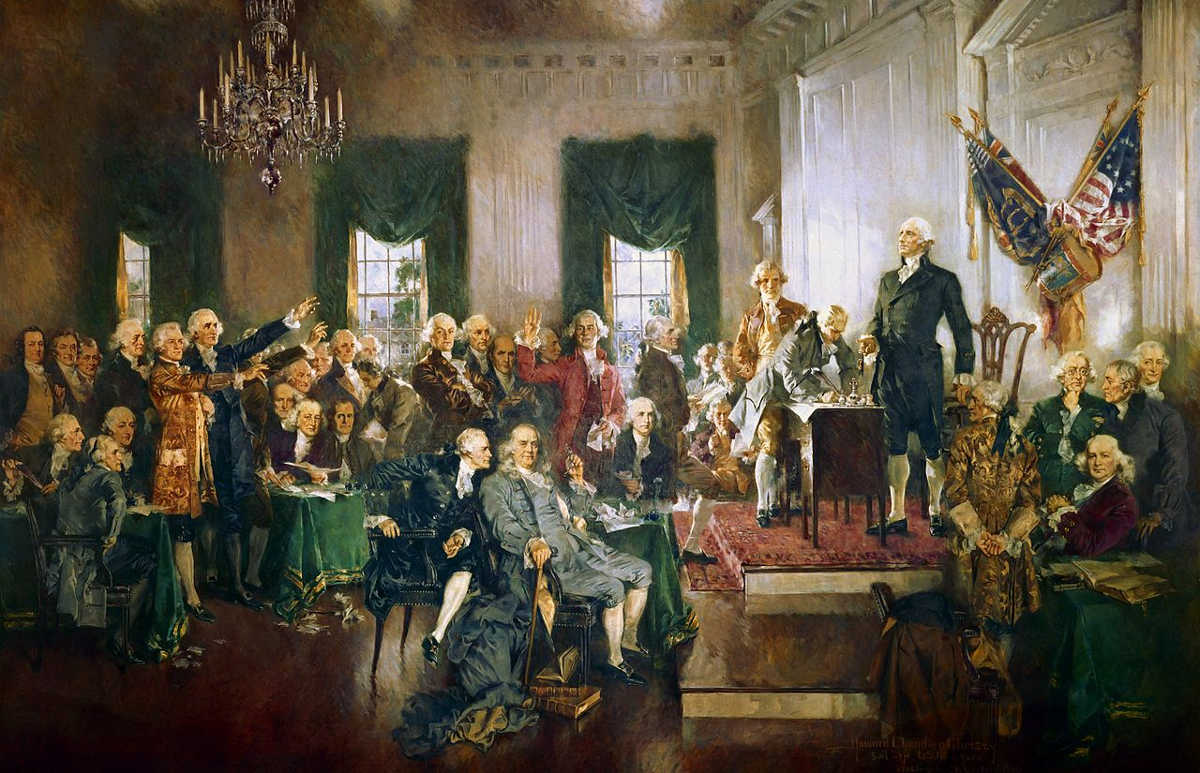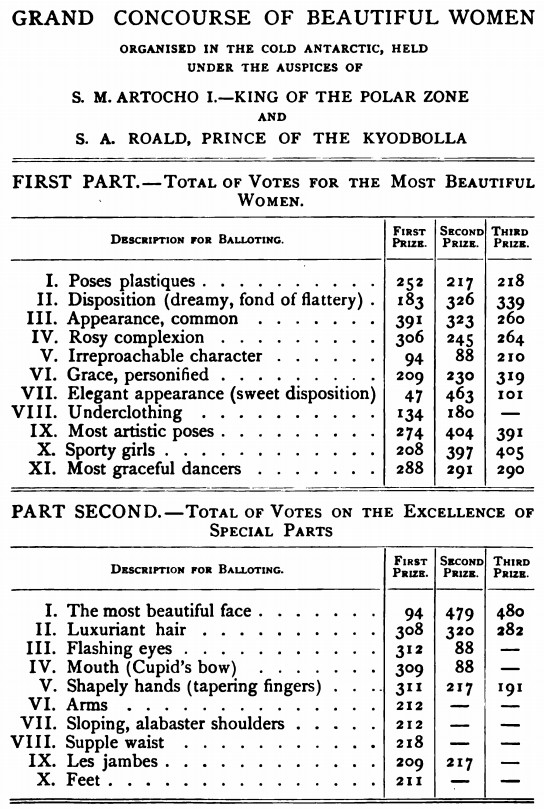
Why do we cultivate friendships? What reason do I have to be a friend to another person, that is, to care about him for his own sake? In order to make the friendship worthwhile, such a reason would have to explain how doing it makes my own life better. But that’s a problem: If I pursue the friendship in order to improve my own life, then I’m not really being a true friend, caring about my friend for his own sake.
University of Newcastle philosopher Joe Mintoff writes, “The problem is that, even though many of us think that being a true friend makes our lives better, paradoxically this thought had better not guide our pursuit of friendship, lest this mean that we are not true friends and that our lives are not made better.” Why, then, do we seek to befriend others?
(Joe Mintoff, “Could an Egoist Be a Friend?,” American Philosophical Quarterly 43:2 [April 2006], 101-118.)










